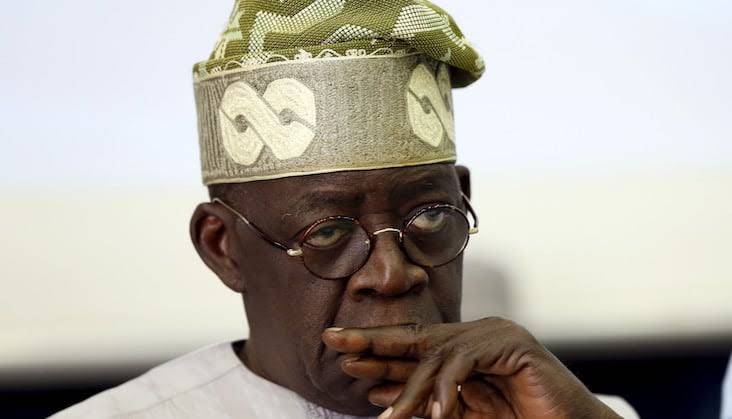Over N6 Billion Missing: Presidential Amnesty Programme Faces Allegations Of Fraudulent Withdrawals
A recent investigation has unveiled startling irregularities within the Presidential Amnesty Programme (PAP), exposing the illegal withdrawal of over N6 billion and the payment of tuition fees for students whose records could not be verified. The findings have raised serious questions about the management of the initiative, designed to reintegrate and rehabilitate former militants from Nigeria’s Niger Delta region.
The revelations point to a systemic breakdown in financial oversight, with large sums allegedly siphoned from the programme's accounts under questionable circumstances. Sources familiar with the investigation indicate that funds intended for the education and empowerment of beneficiaries were instead funneled into phantom transactions, including tuition payments for students who appeared non-existent in official databases.
Evidence suggests that these irregularities were enabled by weak internal controls and a lack of accountability mechanisms within PAP. Officials entrusted with administering the programme are alleged to have exploited loopholes, channeling funds to untraceable accounts under the guise of supporting students in local and international institutions. The absence of verifiable student records further complicates efforts to trace the beneficiaries and assess the legitimacy of the disbursed funds.
This financial impropriety is particularly alarming given the programme’s mandate to transform the lives of ex-agitators and foster peace in the oil-rich but volatile Niger Delta. Established in 2009 as a critical component of the federal government’s peacebuilding efforts, PAP has since been allocated billions of naira annually to fund vocational training, education, and other reintegration initiatives. However, recurring allegations of corruption have dogged its operations, undermining its credibility and effectiveness.
The latest revelations have sparked widespread criticism, with stakeholders calling for urgent reforms to salvage the programme. Civil society organizations and anti-corruption watchdogs have demanded a comprehensive audit of PAP's finances, as well as the prosecution of individuals implicated in the scandal. These groups argue that the misuse of funds not only betrays the trust of the Niger Delta communities but also jeopardizes national efforts to address the root causes of militancy and unrest in the region.
In response to the allegations, PAP management has promised to cooperate fully with investigators, pledging to implement measures to prevent future mismanagement. While some officials have denied any wrongdoing, others have remained silent, fueling public suspicion and calls for transparency.
The misuse of funds within PAP underscores broader challenges in governance and accountability in Nigeria’s public sector. Analysts warn that unless systemic reforms are undertaken, similar programmes could fall victim to mismanagement, eroding public trust and exacerbating social and economic inequalities.
As investigations continue, the spotlight remains on PAP to not only recover the misappropriated funds but also restore its reputation as a lifeline for the Niger Delta’s ex-militants. For many, the fate of the Presidential Amnesty Programme serves as a litmus test for Nigeria’s commitment to combating corruption and fostering sustainable development in its most vulnerable regions.


